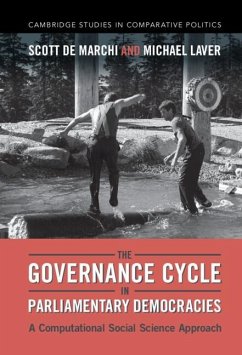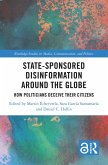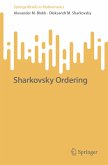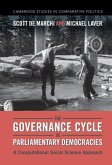Parliamentary democracy involves a never-ending cycle of elections, government formations, and the need for governments to survive in potentially hostile environments. These conditions require members of any government to make decisions on a large number of issues, some of which sharply divide them. Officials resolve these divisions by 'logrolling'- conceding on issues they care less about, in exchange for reciprocal concessions on issues to which they attach more importance. Though realistically modeling this 'governance cycle' is beyond the scope of traditional formal analysis, this book attacks the problem computationally in two ways. Firstly, it models the behavior of "e;functionally rational"e; senior politicians who use informal decision heuristics to navigate their complex high stakes setting. Secondly, by applying computational methods to traditional game theory, it uses artificial intelligence to model how hyper-rational politicians might find strategies that are close to optimal.
Dieser Download kann aus rechtlichen Gründen nur mit Rechnungsadresse in A, B, BG, CY, CZ, D, DK, EW, E, FIN, F, GR, HR, H, IRL, I, LT, L, LR, M, NL, PL, P, R, S, SLO, SK ausgeliefert werden.









